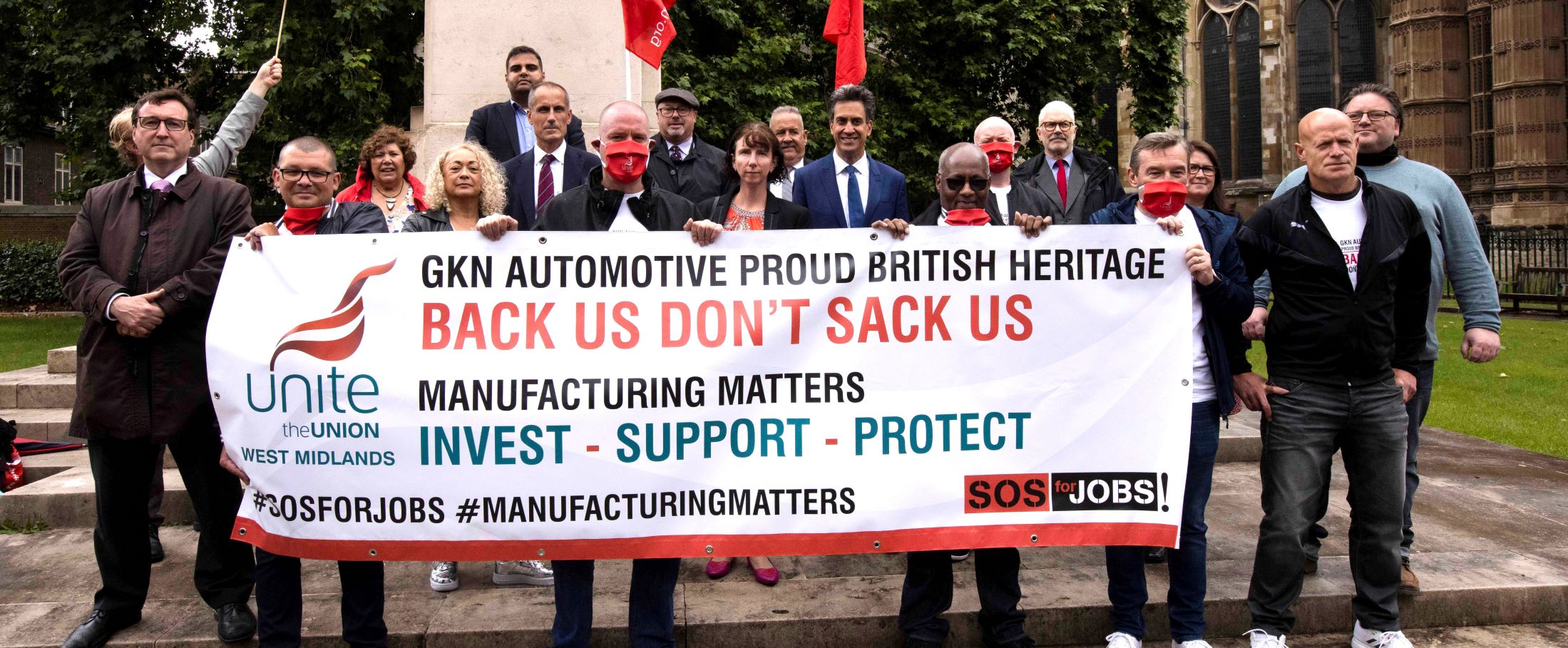Shrink back shock
UK manufacturing has rapidly deteriorated to the point that it is now among the worst performers in the developed world, a shocking new report revealed today (March 24).
The UK manufacturing sector has shrunk twice as fast as the other 34 countries in the Organisation of Economic Cooperation and Development (OECD). The only country which has fared worse than the UK in manufacturing is Norway.
Since the 1970s, Britain has lost a full two-thirds of its manufacturing base.
The report, published by the think tank the Institute for Public Policy Research (IPPR) has warned that the government must support its foundation industries such as metals and chemicals to get back on track.
Since so much of foundation industry production is embedded in northern regions, the stagnation of these industries threatens the future of the so-called Northern Powerhouse.
Lack of support for foundation industries has also meant that the UK has become almost entirely reliant on imports – in the 1990s only 40 per cent of domestic demand for metals and chemicals came from imports; now imports account for a full 90 per cent of demand.
While the government has blamed globalisation for the UK’s shrinking manufacturing base, the IPPR notes that “globalisation isn’t the whole story.”
“The foundation industries in the UK are smaller, and have contracted faster, than has been the case in other developed countries facing the same challenges,” the IPPR report highlighted.
“This reflects a broader weakness of the UK’s economy – our manufacturing diversity has been lost over the last 40 years, and we remain an anomaly among advanced economies in having so few industries with comparative advantage. This is a key reason for our large and longstanding trade deficit.”
So why are other developed countries’ industrial bases faring much better the Britain, even as they face the same challenges in a globalised world economy?
“EU competitors support their industries in ways that the UK does not, which warrants investigation,” the IPPR said. “Evidence on public and private research and development (R&D), productivity and investment performance shows that the UK performs relatively poorly, and that there is a role for government and industry in terms of helping firms to improve.”
Not surprising
Unite assistant general secretary Tony Burke said that the report’s findings “were not surprising”.
“What the IPPR has found we have been saying for many years now,” he said. “If our foundation industries such as oil and steel are not supported, this will have a direct knock through effect on manufacturing.”
“This report joins the growing body of evidence pointing to the need for an industrial strategy for manufacturing,” Burke noted. “It’s no secret that all of the European countries who are succeeding in manufacturing such as Germany and France all have an explicit strategy that defends their industries.”
“Chancellor George Osborne’s only strategy is to not upset China,” he added. “This government is besotted by the communist Chinese government at the expense of our own domestic industries.”
“As manufacturing shrinks further, all we get from this government is sloganeering – â€the Northern Powerhouse’ and â€march of the makers’ and so on – but soundbites are not a replacement for an industrial strategy.”
The IPPR outlined measures the government can take to diversify the UK’s production capacity. The think tank recommended it should “ease the pressure on those industries in acute distress by ensuring that UK firms are not unfairly disadvantaged by tax, energy costs or subsidised imports”.
It also noted that the government can strengthen institutional support for foundation industries in the way that other EU countries’ do, in the form of patient forms of finance, improved collaboration and innovation systems and a strategic model for public procurement.
Burke agreed with all these measures, noting that Unite has been calling for government support for years.
He added that an industrial strategy for manufacturing should include a strategic investment bank, where manufacturers of all sizes have access to affordable investment funding, as well as an education and skills framework which helps deliver the skilled workers industry needs.
Burke also called for a level playing field against unfair trading practices.
“As we’ve seen with steel, the industry is not competing at a level playing field – we’re being inundated by cheap Chinese imports that are sold well below the cost of production.”
As UNITElive has reported, the government is well within its ability to take action on Chinese steel imports but has so far sat silent. In fact, it recently blocked measures that would hike tariffs to combat Chinese steel dumping.
“Everything that we said five years ago about manufacturing is coming to fruition now,” Burke said. “Yet this government is ploughing on in the same old way.
“The chancellor George Osborne and business secretary Sajid Javid have assumed the role of Mr. Micawber – instead of planning for the future, they sit around and simply hope something good will come along.”
Read Unite’s full strategy for manufacturing here.
 Like
Like Follow
Follow
